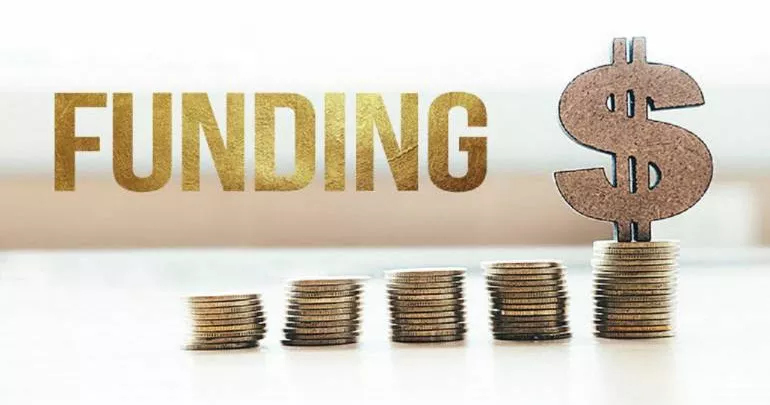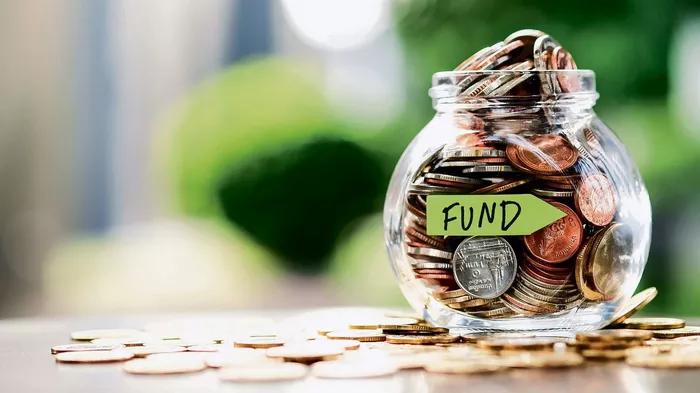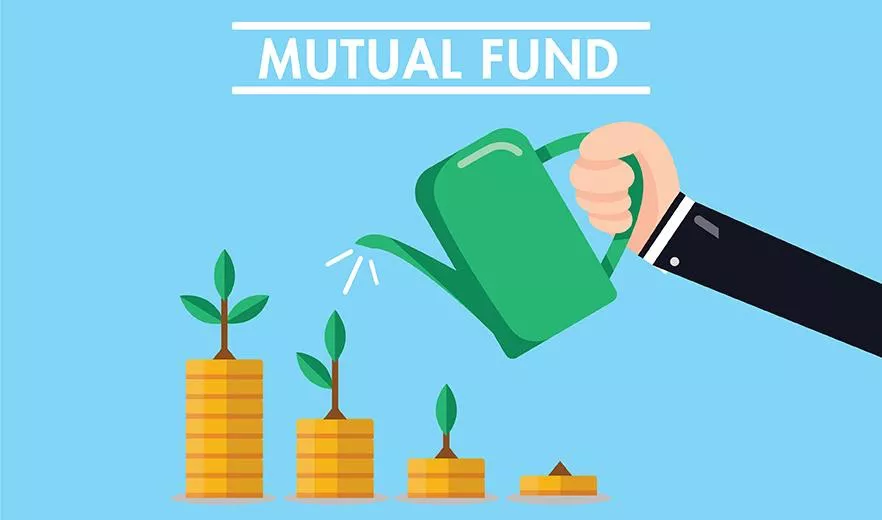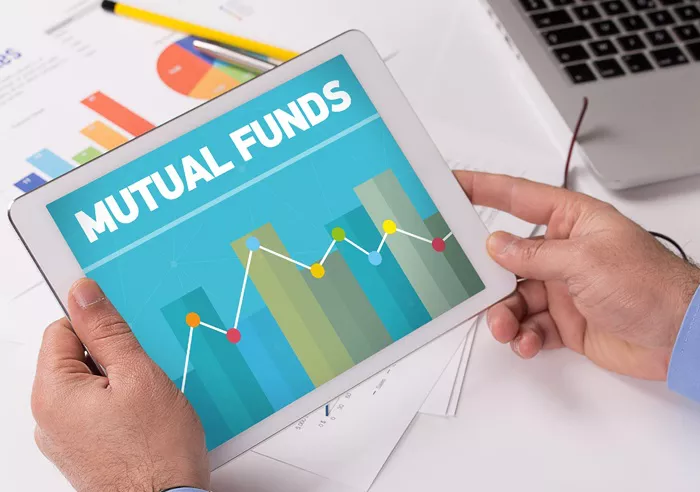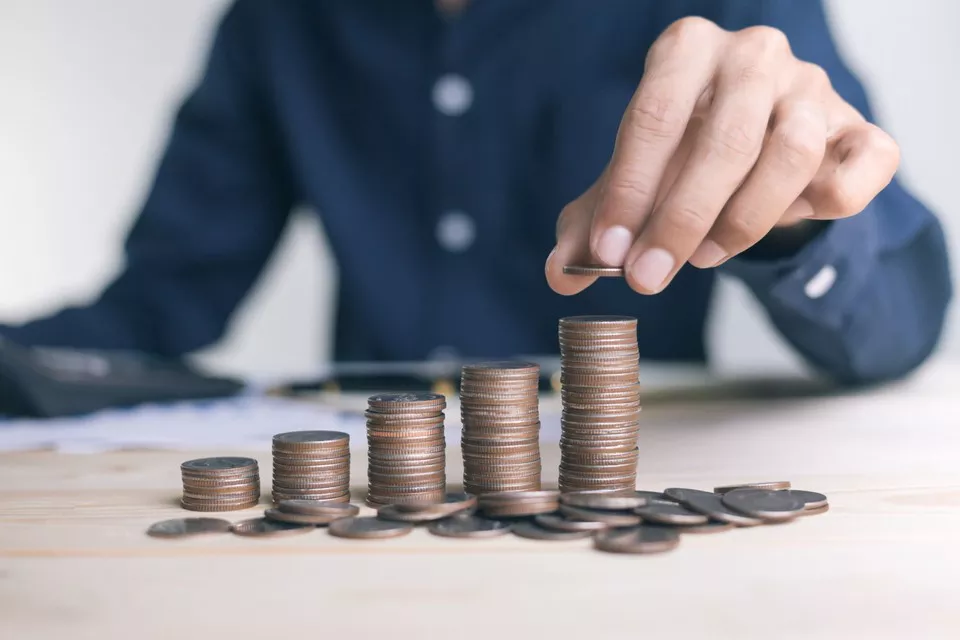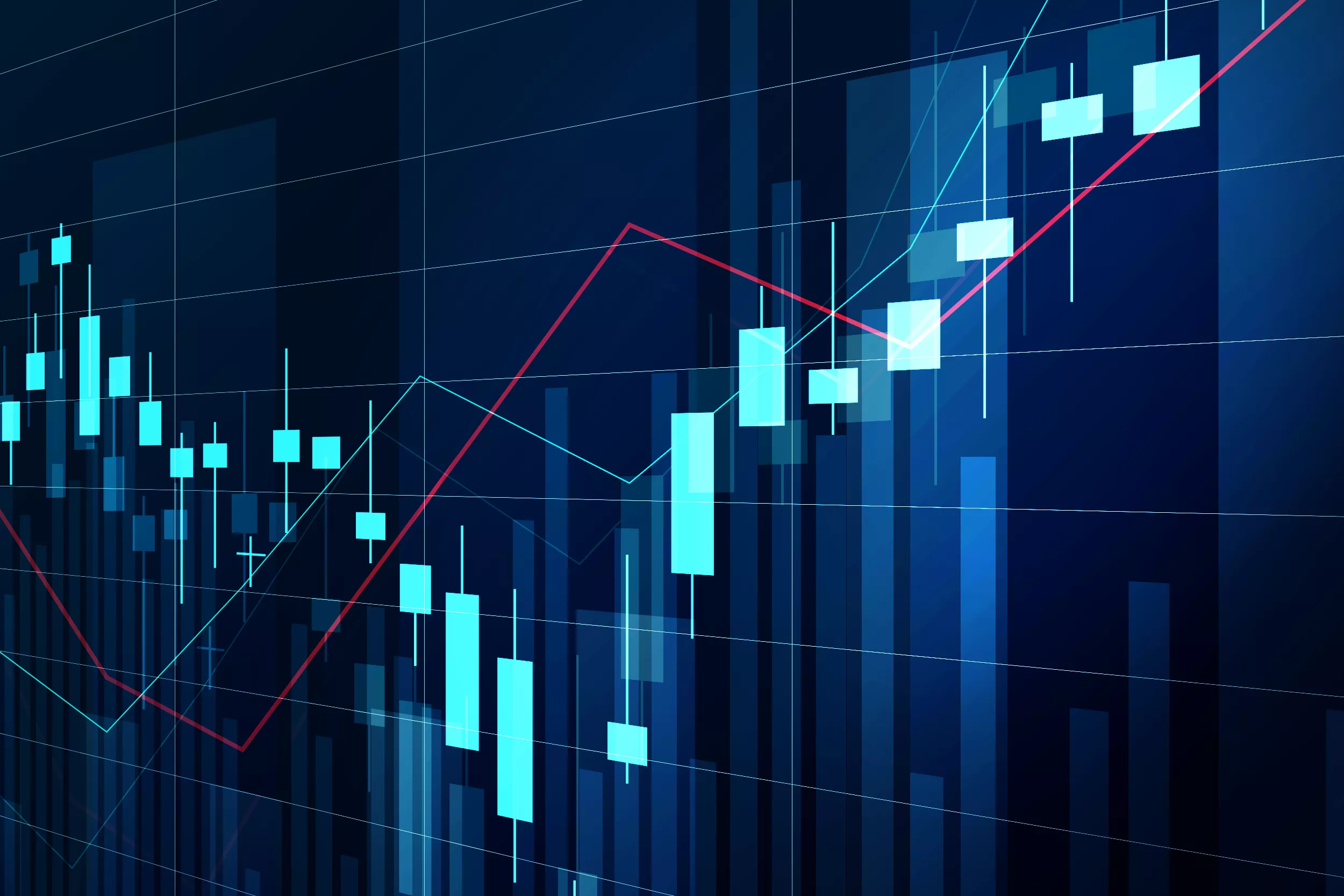Investing in index funds is a popular strategy for many investors looking for a diversified and relatively low-cost way to grow their wealth. One of the key mechanisms that contribute to the success of index funds is the power of compounding. This article will explore how compounding works in index funds, providing a detailed and professional understanding of this financial concept.
What is Compounding?
Definition of Compounding
Compounding is the process by which an asset’s earnings, from either capital gains or interest, are reinvested to generate additional earnings over time. This effect can cause an investment to grow exponentially over long periods. Essentially, compounding allows investors to earn returns on their returns.
Simple Interest vs. Compound Interest
Simple Interest: Interest is calculated only on the initial amount (principal). For example, if you invest $1,000 at a 5% annual simple interest rate, you will earn $50 each year.
Compound Interest: Interest is calculated on the initial amount and also on the accumulated interest of previous periods. Using the same example, if you invest $1,000 at a 5% annual compound interest rate, you will earn $50 in the first year, but in the second year, you will earn interest on $1,050.
How Compounding Works in Index Funds
Reinvestment of Dividends
One of the primary ways compounding works in index funds is through the reinvestment of dividends. Many index funds automatically reinvest the dividends earned from the underlying stocks into the fund. This reinvestment allows investors to purchase more shares of the fund, which can generate more dividends, creating a compounding effect.
Growth of Capital Gains
Index funds also benefit from the compounding of capital gains. As the value of the stocks in the index fund increases, so does the value of the fund. When these gains are reinvested, either through the automatic reinvestment plans offered by many funds or by the investor choosing to buy more shares, the value of the investment grows even more.
Example of Compounding in Index Funds
Consider an index fund with an initial investment of $10,000, an average annual return of 7%, and dividends that are reinvested. Over 30 years, this investment could grow significantly due to the power of compounding. Each year, the returns are added to the principal, and the new principal earns returns the following year.
See Also: 7 Best Precious Metals Index Funds
Benefits of Compounding in Index Funds
Long-Term Growth
The primary benefit of compounding in index funds is long-term growth. By reinvesting dividends and capital gains, investors can significantly increase the value of their investments over time. This growth is especially beneficial for long-term goals, such as retirement savings.
Lower Volatility
Index funds, which track a diversified portfolio of stocks, often experience lower volatility compared to individual stocks. The compounding effect can help smooth out the returns over time, reducing the impact of short-term market fluctuations.
Cost Efficiency
Index funds typically have lower expense ratios compared to actively managed funds. Lower costs mean that more of the returns are reinvested, enhancing the compounding effect.
Factors Affecting Compounding in Index Funds
Rate of Return
The rate of return is a critical factor in compounding. A higher rate of return will result in more significant compounding effects. However, it’s essential to note that higher returns usually come with higher risk.
Time Horizon
The length of time an investment is held significantly affects the compounding effect. The longer the time horizon, the more opportunities there are for the investment to compound. Starting early and investing for the long term can dramatically increase the benefits of compounding.
Frequency of Compounding
The frequency with which returns are compounded also impacts the overall growth. More frequent compounding periods, such as quarterly or monthly, will result in higher returns compared to annual compounding.
Reinvestment Strategy
How dividends and capital gains are reinvested can affect compounding. Automatic reinvestment plans offered by many index funds ensure that earnings are reinvested promptly, maximizing the compounding effect.
Challenges and Considerations
Market Volatility
While index funds tend to be less volatile than individual stocks, they are still subject to market fluctuations. Market downturns can temporarily reduce the value of an investment, which can impact the compounding process. However, staying invested during downturns is crucial for long-term compounding benefits.
Inflation
Inflation can erode the purchasing power of returns from index funds. It’s important to consider the real rate of return (adjusted for inflation) to understand the true growth of an investment.
Fees and Expenses
While index funds generally have lower fees than actively managed funds, any fees or expenses can reduce the amount available for reinvestment. It’s essential to choose funds with low expense ratios to maximize the compounding effect.
Taxes
Taxes on dividends and capital gains can also impact the compounding process. Investing in tax-advantaged accounts, such as IRAs or 401(k)s, can help minimize the tax impact and enhance the benefits of compounding.
Maximizing Compounding in Index Funds
Start Early
The earlier you start investing in index funds, the more time your investments have to compound. Even small contributions can grow significantly over time due to compounding.
Regular Contributions
Making regular contributions to your index fund investments can boost the compounding effect. Consistent investing, regardless of market conditions, ensures that you are continually adding to your principal and taking advantage of compounding.
Reinvest Dividends
Ensure that dividends are automatically reinvested. Most index funds offer automatic dividend reinvestment plans, which allow you to purchase more shares of the fund with your dividends, enhancing compounding.
Choose Low-Cost Funds
Select index funds with low expense ratios. Lower costs mean that more of your returns are reinvested, which can significantly boost the compounding effect over time.
Stay Invested
Market volatility can be unsettling, but staying invested through market cycles is essential for maximizing the benefits of compounding. Attempting to time the market can result in missed opportunities for growth.
Conclusion
Compounding is a powerful mechanism that can significantly enhance the growth of investments in index funds. By understanding how compounding works and implementing strategies to maximize its benefits, investors can achieve substantial long-term growth. Starting early, making regular contributions, reinvesting dividends, choosing low-cost funds, and staying invested are key practices that can help harness the power of compounding in index funds.
Related topics:

